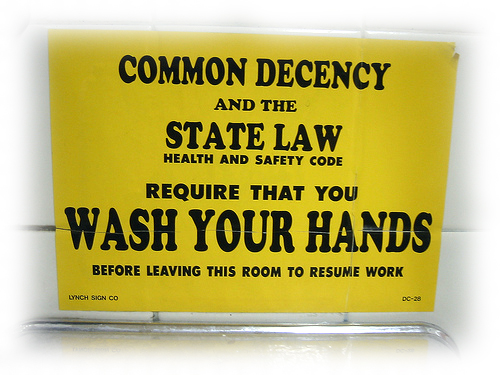Posts Tagged ‘health economics’
Health Economics
Course numbers:
UIC – ECON 215
Loyola – ECON 329
FULL SYLLABI:
UIC | Loyola
“America’s health care system is neither healthy, caring, nor a system.”
– Walter Cronkite
INTRODUCTION
This course will cover supply and demand for health services, the role of insurance in the health care industry, public policy issues, cost and quality regulation. Upon completion of this course you will be able to:
- Use cost-benefit analysis to evaluate health related topics.
- Apply economic principles to the production of health and health capital.
- Use economic tools to analyze health insurance markets.
- Understand the basics of the health care labor market.
REQUIRED TEXTS
The Economics of Health and Health Care, Seventh Edition
Sherman Folland, Allen C. Goodman, Miron Stano
ISBN-13: 978-0132773690
Irrationality in Health Care: What Behavioral Economics Reveals About What We Do and Why
Douglas E. Hough
ISBN-13: 978-0804777971
Prof. Adam Martin explains how the drug war has altered incentives for both drug buyers and sellers, leading them to favor higher potency drugs. This is what economists call the potency effect.
Prof. Angela Dills discusses the economics of drug prohibition.
Hans Rosling’s famous lectures combine enormous quantities of public data with a sport’s commentator’s style to reveal the story of the world’s past, present and future development. Now he explores stats in a way he has never done before – using augmented reality animation.

 machines purposely cost more to users by requiring more time per sheet. Because of the higher price, the restroom operator knows that fewer towels will be taken per wash. As fewer towels are consumed, less restocking occurs, and eventually the room operates at a lower cost.
machines purposely cost more to users by requiring more time per sheet. Because of the higher price, the restroom operator knows that fewer towels will be taken per wash. As fewer towels are consumed, less restocking occurs, and eventually the room operates at a lower cost.